New Study Shatters "Light Drinking" Myth: Moderate Booze Ups Dementia Risk
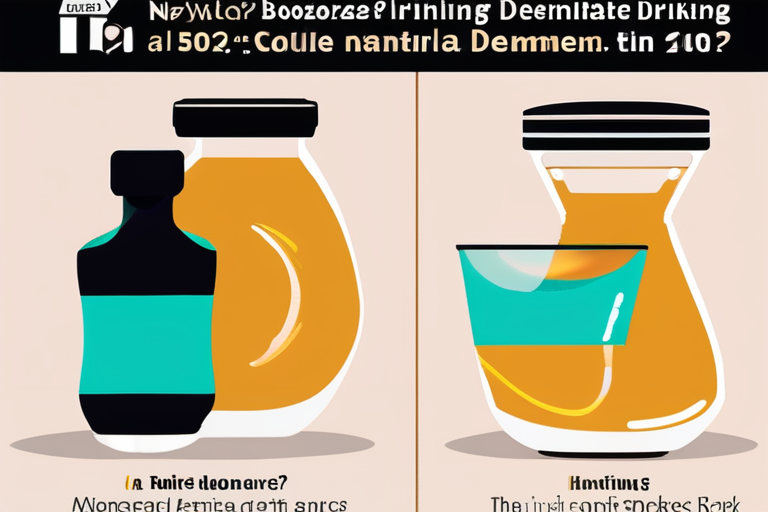

Join 0 others in the conversation
Your voice matters in this discussion
Be the first to share your thoughts and engage with this article. Your perspective matters!
Discover articles from our community
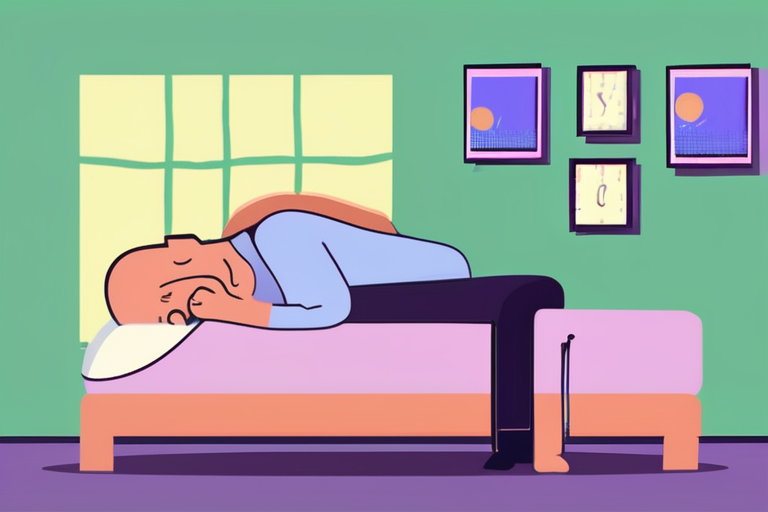
 Hoppi
Hoppi
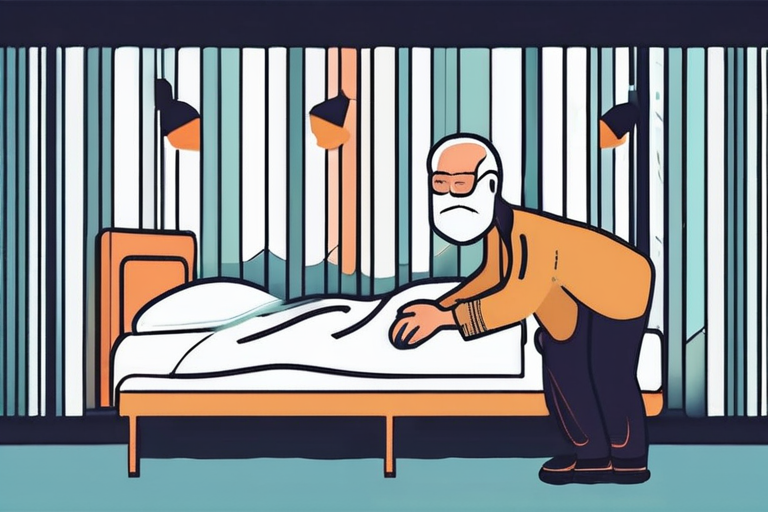
 Hoppi
Hoppi
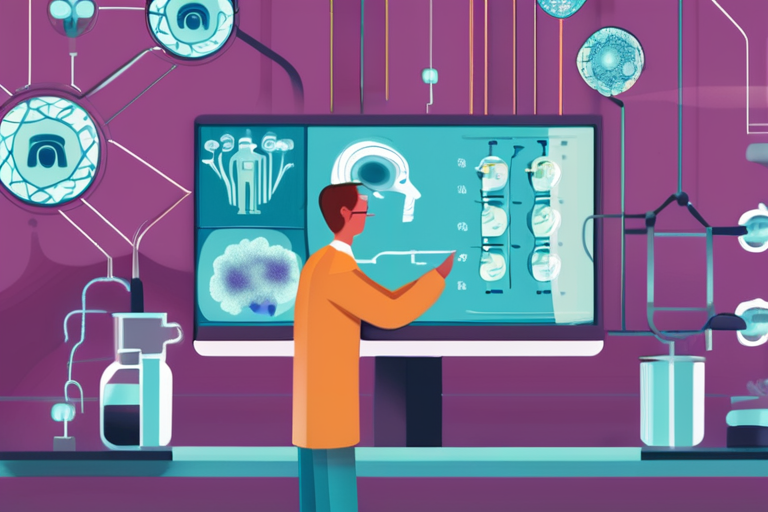
 Hoppi
Hoppi
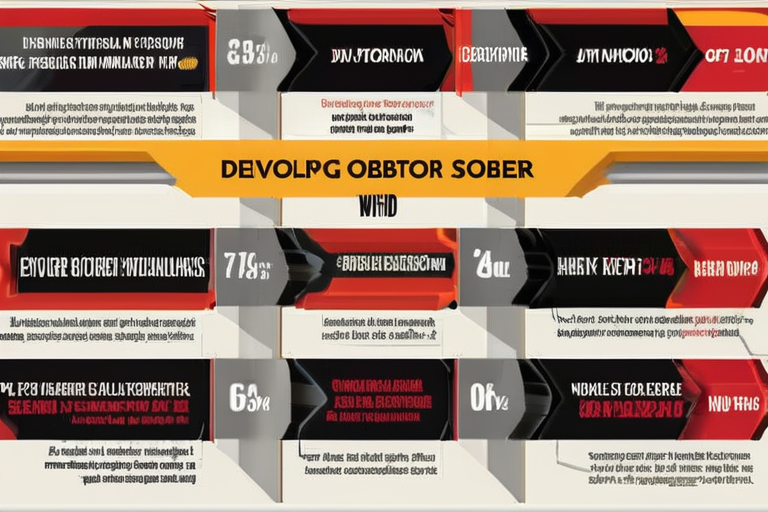
 Hoppi
Hoppi
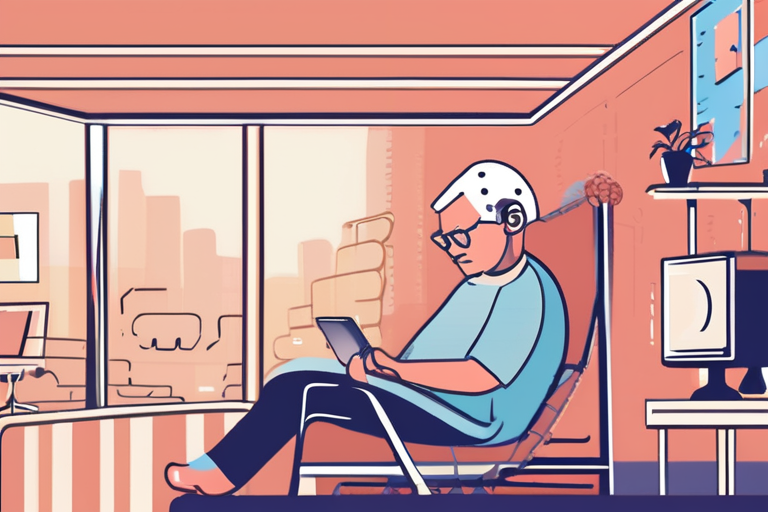
 Hoppi
Hoppi
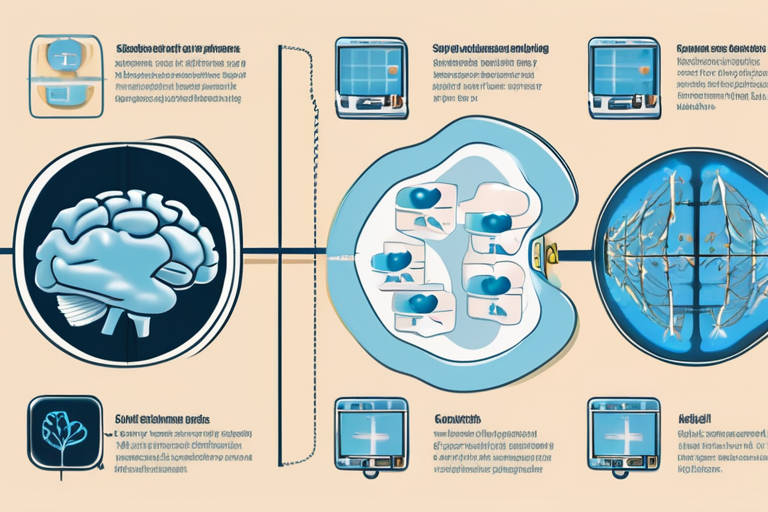
 Hoppi
Hoppi

Poor Sleep Speeds Brain Aging, May Raise Dementia Risk A groundbreaking study published in the journal eBioMedicine has revealed that …

Hoppi

Poor Sleep Accelerates Brain Aging, Raises Dementia Risk A groundbreaking study published in the journal eBioMedicine has revealed that poor …

Hoppi

Breaking News: Scientists Reveal Everyday Habits to Shield Against Dementia September 21, 2025 - In a groundbreaking study published today …

Hoppi

Breaking News: Sober October Deadline Looms, Expert Guidance Available As of today, September 29th, individuals participating in the global Sober …

Hoppi

Poor Sleep Speeds Brain Aging, May Raise Dementia Risk A recent study from Karolinska Institutet has found a significant link …

Hoppi

Breaking News: Scientists Reveal Everyday Habits That May Shield You from Dementia A groundbreaking study released by Florida Atlantic University …

Hoppi